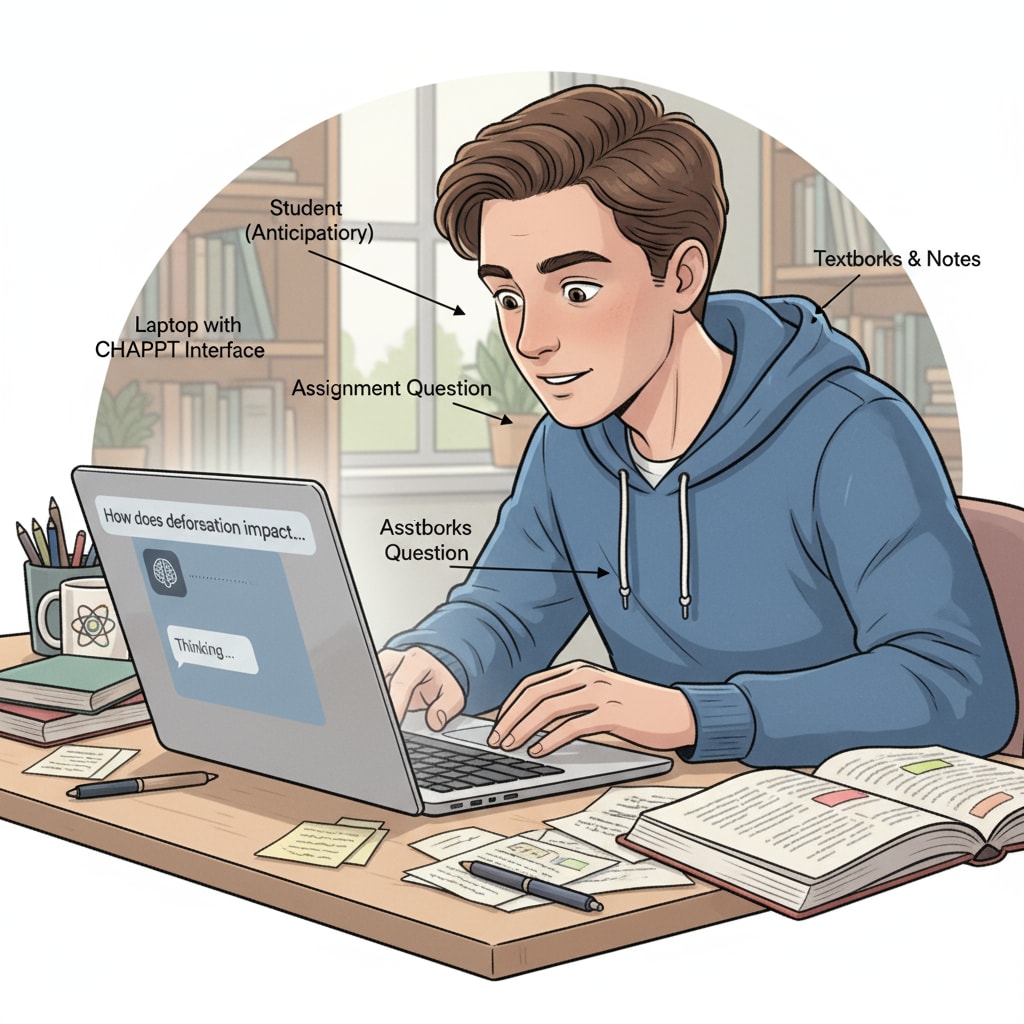ChatGPT, with its advanced language capabilities, has indeed brought a new wave of challenges to education, particularly in the form of cheating. As it gains popularity among students, the line between legitimate research and academic dishonesty is becoming increasingly blurred.

In K12 education especially, this trend is causing concern among educators and parents alike.
The Rise of ChatGPT-Assisted Cheating
One of the main reasons for the increase in ChatGPT-assisted cheating is its accessibility. Students can easily access the tool on their devices, making it a convenient option when faced with difficult assignments. For example, instead of spending hours researching and writing an essay, they can simply input the topic into ChatGPT and receive a well-written response within minutes. This not only undermines the learning process but also gives an unfair advantage to those who cheat. According to Educause, the use of AI in academic dishonesty is on the rise, and ChatGPT is at the forefront of this issue.

Negative Impacts on Learning
The over-reliance on ChatGPT for assignments has several negative impacts on students’ learning. Firstly, it hinders the development of critical thinking skills. When students rely on the AI to provide answers, they miss out on the opportunity to analyze information, form their own opinions, and solve problems independently. Secondly, it affects their knowledge retention. Since they are not actively engaged in the learning process, the information they receive from ChatGPT is often quickly forgotten. In addition, it can lead to a lack of creativity as students become accustomed to using pre-written content rather than coming up with original ideas. As stated by the National Education Association, true learning involves active participation and exploration, which is being compromised by the use of ChatGPT for cheating.
Another significant concern is the impact on the educational system as a whole. Teachers are now faced with the difficult task of detecting and preventing ChatGPT-assisted cheating. This requires additional time and effort in evaluating student work, which could otherwise be spent on more productive teaching activities. Moreover, it erodes the integrity of the educational institution, as grades may no longer accurately reflect a student’s knowledge and capabilities.
Readability guidance: As seen above, we use short paragraphs to convey key points. For example, in the section about negative impacts, we list out the different aspects. We also control the use of passive语态 and keep the sentences at an appropriate length. Transition words like “firstly”, “secondly”, and “in addition” are used to make the flow smooth.


